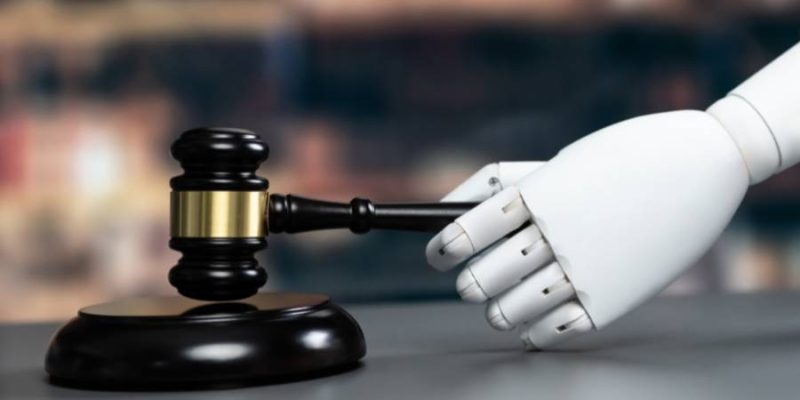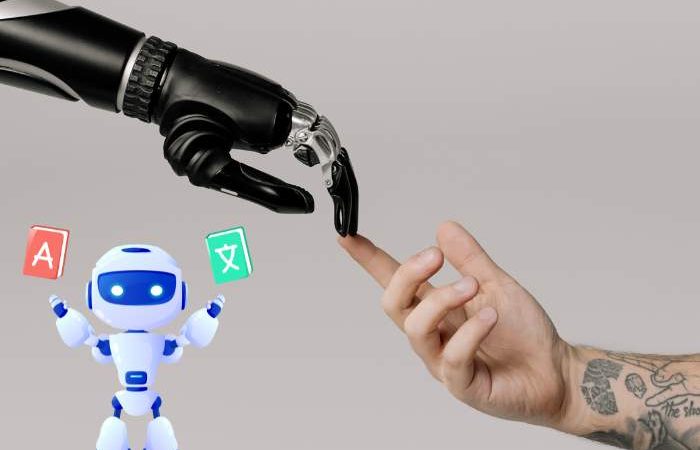
Can Algorithms Deliver Justice?
Imagine a world where the fate of your freedom rests not in the hands of a judge or jury but in the cold, calculated circuits of a machine. A world where your future is predicted, evaluated, and decided by an algorithm. Sounds like something out of a dystopian novel, right? Well, brace yourself—this world is closer than you think.
The Rise of AI in the Judicial System
AI is everywhere. From deciding what shows we watch to predicting traffic patterns, algorithms have become a fundamental part of our daily lives. But when it comes to the justice system, the stakes are much higher. In recent years, artificial intelligence has found its way into the courtroom, influencing everything from predicting crime hotspots to recommending prison sentences.
One might argue that algorithms could be the key to a fairer justice system—free from human biases, prejudices, and errors. After all, an algorithm is impartial, right? But the reality is far more complex and, frankly, terrifying.
Predicting Crime: A Double-Edged Sword
AI-driven tools like predictive policing are already in use, analyzing vast amounts of data to identify areas where crimes are likely to occur. The logic is simple: if you can predict where crime will happen, you can prevent it. Sounds like a win-win situation.
But here’s the catch—these algorithms often rely on historical data, which means they can reinforce and perpetuate existing biases. If certain neighborhoods have been heavily policed in the past, the algorithm might flag them as high-risk, leading to even more policing. This creates a vicious cycle where communities already marginalized are subjected to even greater scrutiny, all because a machine said so.
And what about the individuals living in these areas? Are they guilty by association? The line between preventing crime and preemptive punishment becomes dangerously blurred.
AI in Sentencing: Justice or Judgement?
Now, let’s talk about something even more controversial—using AI to make sentencing recommendations. Imagine being sentenced to prison not by a judge who listened to your case but by an algorithm that crunched the numbers. The idea here is that AI can assess the risk of reoffending and suggest appropriate sentences based on that risk.
Proponents argue that this could lead to more consistent and objective sentencing. But critics warn of a darker reality. These algorithms are only as good as the data they’re trained on, and if that data is biased, the outcomes will be too. In some cases, AI has recommended harsher sentences for people of color, reflecting the biases embedded in the very systems meant to deliver justice.
The Ethical Minefield
The ethical concerns surrounding AI in the judicial system are as vast as they are troubling. Who is accountable when an algorithm gets it wrong? Can a machine truly understand the nuances of human behavior and context? And most importantly, can we trust an AI with decisions that could alter the course of someone’s life?
These questions aren’t just theoretical—they’re the reality we must grapple with as we integrate AI into the justice system. There’s also the issue of transparency. Unlike a human judge, who must explain their reasoning, algorithms operate in a black box. How can we appeal a decision if we don’t even understand how it was made?
A Call to Action: Human Judgment Still Matters
The idea of a flawless, impartial AI judge might be appealing, but it’s a fantasy. As we’ve seen, algorithms can amplify the very biases they’re supposed to eliminate. They can make decisions that are as unjust as the ones made by flawed human beings—if not more so.
What’s the solution? It’s not about rejecting AI entirely but about using it wisely. Algorithms should assist human judgment, not replace it. We need transparency, accountability, and, above all, humanity in our justice system.
As we hurtle toward a future where AI plays a more significant role in our lives, we must ask ourselves: Are we building a better world, or are we creating a system where justice is just an illusion?
The Future is Now—What Will You Do?
The time to act is now. Educate yourself, speak out, and demand that our legal systems use technology in a way that enhances fairness rather than undermines it. Share this post if you believe in a justice system where human values, ethics, and empathy still matter. Because in the end, the question isn’t just “Can algorithms deliver justice?” It’s “Will we let them?”





















